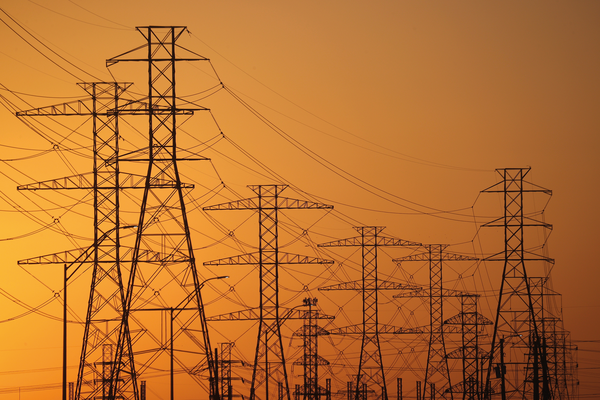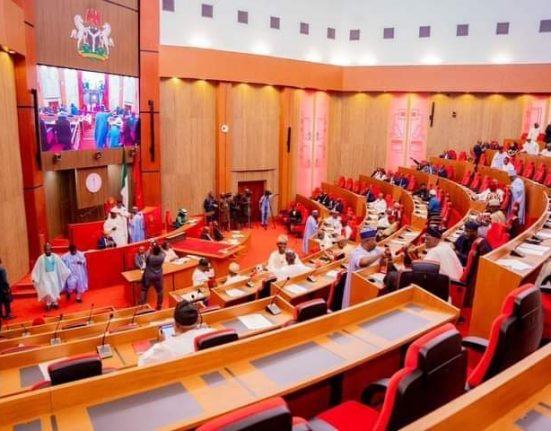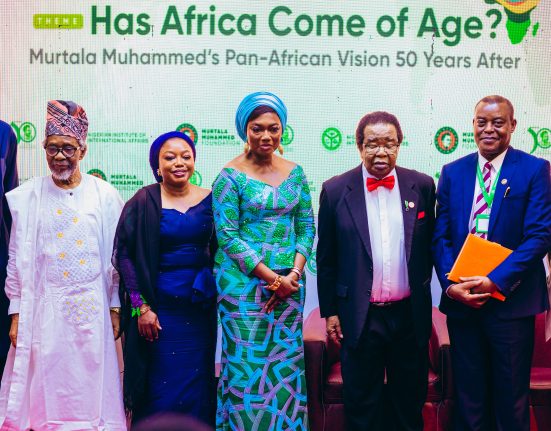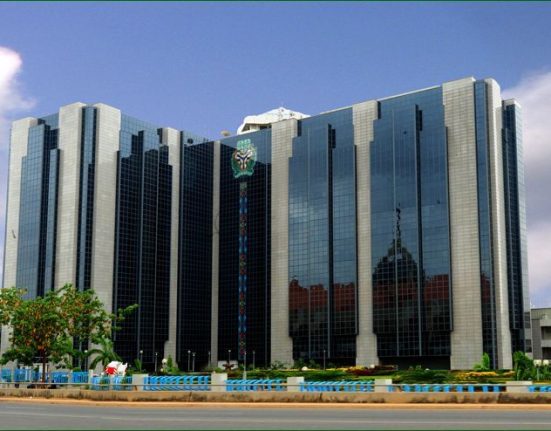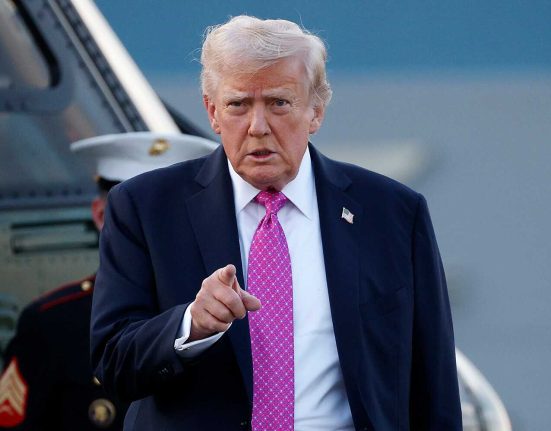A growing dispute in Nigeria’s electricity market has prompted the Federal Government, through the Nigerian Electricity Regulatory Commission (NERC), to convene a high-level meeting with industry players next week in Lagos. The intervention comes amid rising tensions between state governments and electricity distribution companies (Discos) over who has the legal authority to set electricity tariffs.
At the heart of the dispute is the Electricity Act, 2023 (Amended), and the recent constitutional alteration, which state governments interpret as granting them the right to regulate power distribution and fix tariffs within their territories. Acting on this mandate, the Enugu Electricity Regulatory Commission (EERC) announced a tariff cut in July, slashing Band A rates from ₦209 per kilowatt-hour to ₦160/kWh, effective August 1, 2025. The EERC justified its move by claiming it based the new tariff on distribution costs while leaving generation and transmission costs untouched.
The decision immediately triggered resistance from the Association of Nigerian Electricity Distributors (ANED), which represents the Discos. ANED argued that states have no jurisdiction over electricity sourced from the national grid and warned that selling power at a loss would destabilize the Nigerian Electricity Supply Industry (NESI). The GenCos also joined in, insisting that tariff cuts premised on federal subsidies were unrealistic and risked further eroding liquidity across the sector.
The fallout was swift in Enugu. MainPower, the state’s distribution operator, restored electricity supply only at the old rate of ₦209.50/kWh after briefly cutting supply by half, citing losses of over ₦1bn monthly if the new tariff were implemented. The EERC responded by accusing the company of breaching its tariff order and threatening sanctions, while urging consumers to report instances of overbilling.
Caught in the middle of the dispute, the national regulator, NERC, reiterated that while states can regulate distribution within their borders, they cannot alter power tariffs sourced from the national grid unless they are prepared to cover the shortfall through subsidies. NERC argued that any deviation from cost-reflective tariffs would distort the financial dynamics of the market and endanger the sector’s sustainability.
Despite the heated exchanges, the Forum of Commissioners for Power and Energy in Nigeria (FOCPEN), which represents state power ministries, has attempted to downplay the conflict. Its chairman, Prince Eka Williams of Cross River State, said the forum was not at war with Discos but was committed to ensuring electricity access for households across the country. Enugu officials also defended their action, insisting their tariff design was based on verifiable data and that inflated recovery claims by operators could not be sustained.
In a bid to prevent the dispute from spiraling further, NERC’s General Manager of Public Affairs, Dr. Usman Abba-Arabi, confirmed that a stakeholders’ meeting has been scheduled for next week in Lagos. The closed-door session is expected to bring together state regulators, Discos, GenCos, and other stakeholders to clarify regulatory boundaries and work towards a sustainable solution.
The outcome of that meeting may determine whether Nigeria’s new electricity law ushers in long-awaited reform and sub-national autonomy or deepens the fragility of a sector already struggling with chronic underinvestment, tariff disputes, and widespread blackouts.


